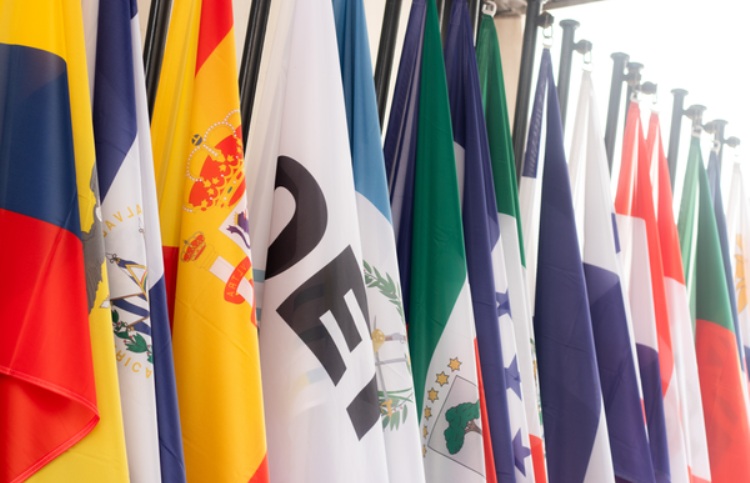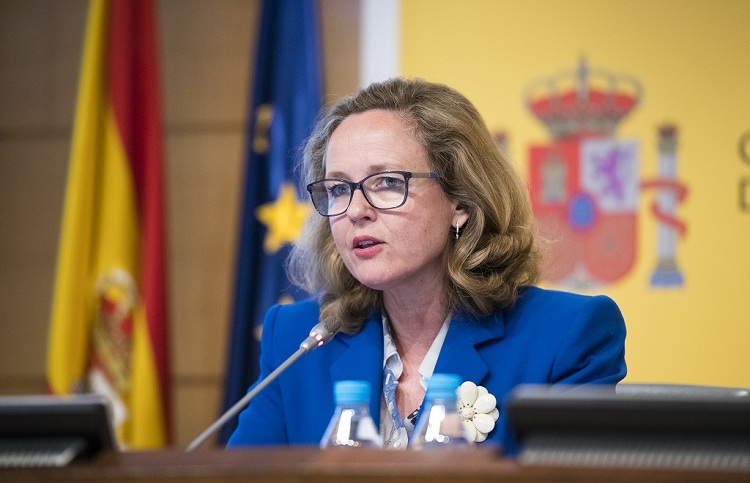The Diplomat
The digital transformation of education through the development of hybrid models in rural areas has been one of the main objectives of the Organization of Ibero-American States for Education, Science and Culture (OEI) in 2021, “the second year of COVID-19”.
The OEI “closes 2021, the second year marked by the COVID-19 crisis, with work that has given better life opportunities to more than nine million people throughout Ibero-America,” stated in a communiqué the doyen of international cooperation in the region.
This activity has been reflected in “430 active cooperation projects” in the 23 countries that are part of the OEI (Andorra, Argentina, Bolivia, Brazil, Chile, Colombia, Costa Rica, Cuba, Ecuador, El Salvador, Spain, Guatemala, Equatorial Guinea, Honduras, Mexico, Nicaragua, Panama, Paraguay, Peru, Portugal, Dominican Republic, Uruguay and Venezuela) and in “the financial sustainability with which it closed the year and which consolidates the organization as a key player in Ibero-American cooperation,” the organization said in a press release.
In the area of education, the OEI served more than 4.5 million students this year and delivered more than one million school materials and equipment. It also trained more than 200,000 teachers and 20,000 school directors to improve their professional skills.
“In 2021, the organization is committed to embarking on the path of digitalization of Ibero-American education,” it continued. Thus, the OEI’s Regional Program for Digital Transformation in Education, presented in November, aims to help the region’s education systems move towards hybrid models, which will make it possible to expand coverage in those areas with difficult connectivity and, with this, “support the global goal set by the 2030 Agenda of leaving no one behind.”
To achieve this, relevant allies such as the Inter-American Development Bank (IDB), the Development Bank of Latin America (CAF), the Spanish Agency for Development Cooperation (AECID) and Profuturo have joined this program. The first steps of the program have already been taken with the Education for the 21st Century project, launched in November in Mexico, which will lay the foundations for implementing these hybrid models in rural areas of the country, an experience that will be replicated in seven other countries in the region starting in 2022.
In addition, the OEI launched more than 700 publications in 2021, including Inclusive Education Today: Ibero-America in times of pandemic. The report has shown that, although the principles of inclusion and equity are represented in more than 85% of the national legislation of Ibero-American countries, the gap is very present in aspects such as digitalization or in groups such as Afro-descendants and migrants, aspects present in just over half of the countries.
In terms of gender, the thirteenth edition of the Congress on Science, Technology and Gender, in virtual format, organized by the OEI and the International Center for Higher Studies in Communication for Latin America, was held for the first time in Quito in July, highlighting that 70 % of the personnel working in the health and social assistance sector related to the pandemic are women and that, although women are the majority among Ibero-American university students, this percentage drops to 42 % when analyzing university teaching staff and 44 % in relation to research personnel.
On the other hand, 2021 was the International Year of the Creative Economy for Development, which has allowed the OEI to put the spotlight on the state of the creative and cultural industries in Ibero-America and join forces with other international organizations to find out how the pandemic has affected this sector and how much it contributes to the region’s economic growth.
The organization also recalls the Border Schools project, an initiative launched in October by the governments of Portugal and Spain to promote cooperation between the two countries in the educational, social and economic development of the territories, through the creation of a network of schools that teach in both languages on either side of the border.







